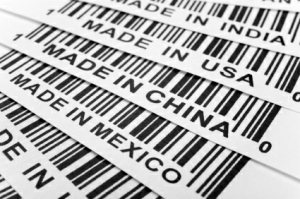
By Michael Pettis
Vietnam’s decision to devalue its currency by 5 per cent last week to protect itself from undervaluation of the Chinese renminbi, and the worried response from Thailand and other Asian countries, suggests the move towards global trade conflict may already be unstoppable. As one group of countries seeks to gain or maintain trade advantage by manipulating their currencies, the historical precedent suggests that countries that are not able to devalue will respond with trade protection, especially tariffs and other barriers, and global trade will suffer.
In the 1930s many, but not all, major economies imposed draconian constraints on trade which sharply contracted international commerce and almost certainly slowed the global recovery. It was widely understood then that the collapse in international trade would only worsen the crisis, and yet countries, seeking to protect their own positions, collectively engaged in behaviour that left them worse off.
Competitive Devaluations Threaten a Trade War
To continue reading this article, please register – it’s quick, free and without obligation…

